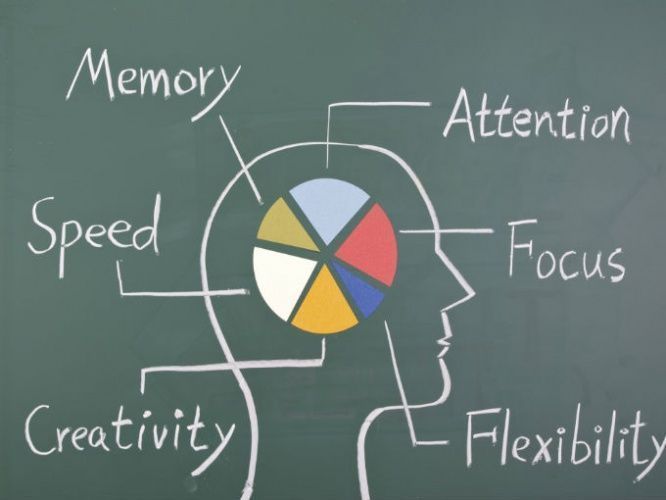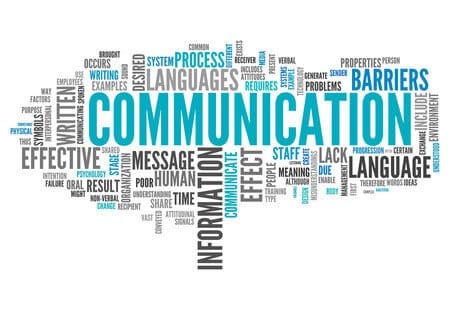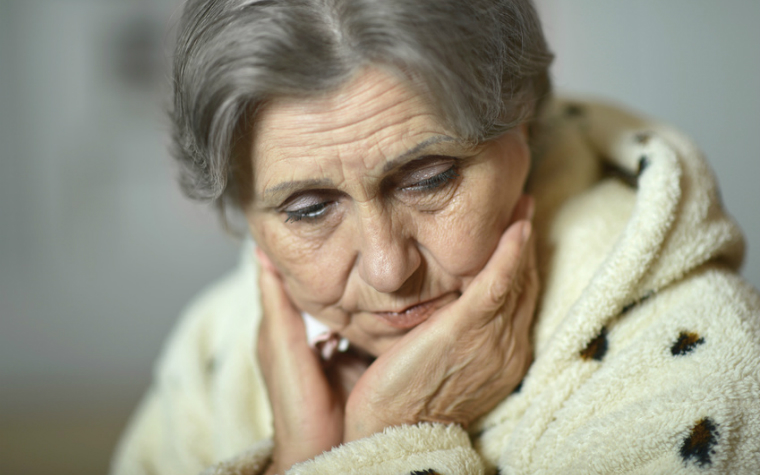One common notion that has been widely accepted is our mental abilities decline as we age. Recent research performed at Georgetown University Medical Center, John Verssimo, et. al. showed that some mental abilities can actually improve as we age. In the article “Evidence that ageing yields improvements as well as declines across attention and executive functions” the investigators looked at brain networks involving alerting, orienting and executive inhibition. The study showed that orienting and executive inhibition actually improved with age.
Explaining this study in a simplified form. The investigators defined the three brain networks studied to include Alerting, Orienting and Executive Inhibition. Alerting is the brain network that allows us to “enhance vigilance and preparedness” for incoming information. The authors suggest this network would be activated for example, “as you approach an intersection while driving”. Orienting involves enhancing the networks involved in attention to a particular location in space. The executive network allows us to minimize incoming information which may distract us from the task at hand. The study included 702 participants aged 58 to 98 years old.
The results showed that orienting and inhibition can improve with aging which they suggest is because these skills can be practiced throughout life. The alerting abilities did show decline with age but the author suggests this decline can be offset with the improvement in orienting and inhibition. The authors suggest Alerting abilities decline because “vigilance and preparedness” cannot be practiced or further developed.
The good news is that some of our mental abilities can improve as we age. This information is important because further research may lead to clinical improvements in “mental abilities” which decline as a result of aging disorders.
Journal Reference:
John Verssimo, Paul Verhaeghen, Noreen Goldman, Maxine Weinstein, Michael T. Ullman, Evidence that ageing yields improvements as well as declines across attention and excutive functions. Nature Human Behavior, 2021.
This is very technical information.
What questions do you have about this information?
Have you noted other mental abilities you believe have improved as you age?
Do you perform any activities or practice mental skills with an expectation to improve mental skills?







